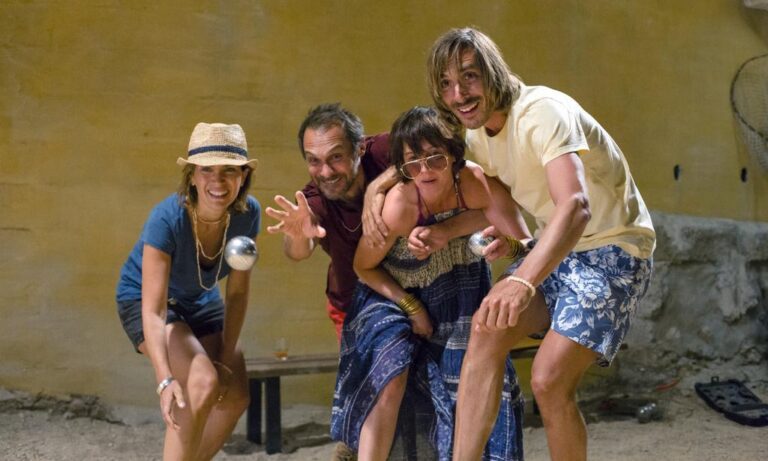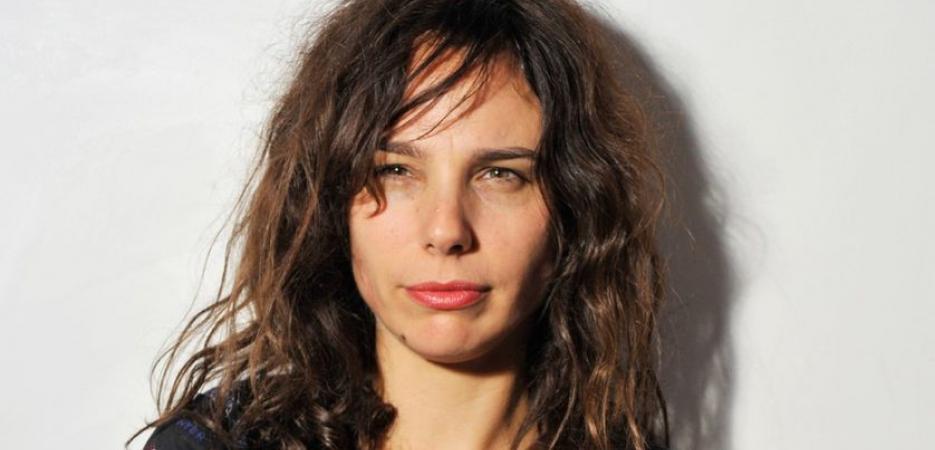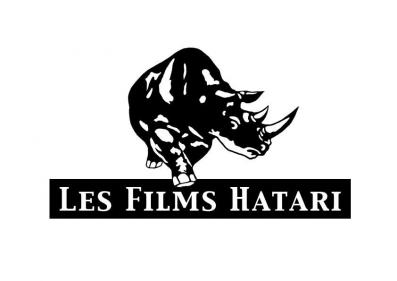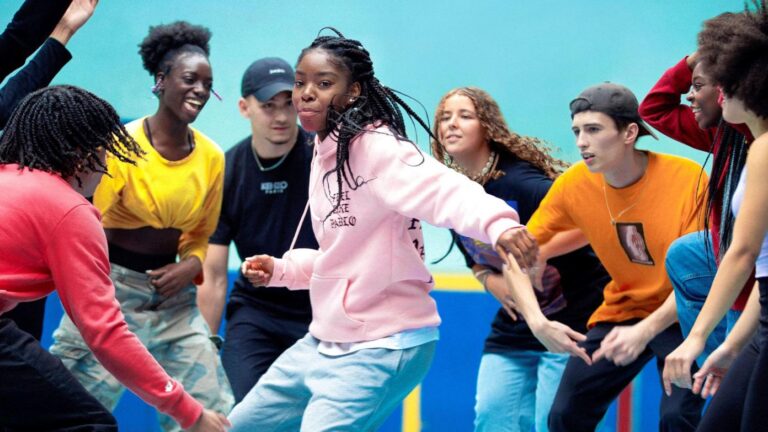
Sophie Letourneur
Filmmaker
May 2023

- Cinema
- Houston
“I believe it would be very compelling to sketch a portrait of a Texan who wants to have a vasectomy, and this plot would allow me to express my views on the inescapable, essential topic of abortive rights in the USA.”
I came to filmmaking by way of the plastic arts. It was at ENSAD that I began making installations, and developing writing techniques by creating soundtrack montages. Next, I started making films for cinema, usually from an autobiographical standpoint. I am now working on an autofiction-based trilogy, which will mark a new transitional period in my work. I have greatly enjoyed finding, leading and filming other people who can embody and appropriate my own history on screen, and I now wish to use characters as inspiration for writing. I may someday return to autofiction, but I currently feel that I have gone as far as I can with this process and taken many detours in allowing myself to do so. When filming midwives for Enormous, I felt the need for this new approach more clearly, and I found the idea for a film series whose content would be fueled by the person and place inspiring me at a particular time, whereby I would not need to be familiar with them beforehand. I then received the proposal from Villa Albertine, which has fit perfectly into this context. This project will be the first part of my new approach.
After graduating from the Duperré Design School and the École Nationale Supérieure des Arts Décoratifs (ENSAD), Sophie Letourneur directed her first short, La Tête dans le vide, in 2004. Spurred on by the success of a further two medium-length films, Manue Bolonaise and Roc et Canyon, which were shown at the Directors’ Fortnight in Cannes, the Brive Film Festival, and the Côté Court Festival in Pantin, she shot her first feature-length film, the critically-acclaimed Chicks, which was released in 2010. In 2011, she premiered The Shady Sailor at Locarno, while also using the occasion to film Les Coquillettes, which was then included in the festival program in 2012 and released in French theaters in March 2013. The following year, she brought to life a farcical fable set in rural France, Gaby Baby Doll, starring Lolita Chammah and Benjamin Biolay. In 2019, she directed Enormous, starring Marina Foïs and Jonathan Cohen, in which she explored the vicissitudes of maternity, from conception to childbirth. Voyages en Italie, her fifth feature film, will be released in late March.
I want to create a documentary series comprising a dozen or so films, each following the same format through a variety of countries. Villa Albertine is offering me the possibility to write a sort of pilot, or dogma, and to lay the groundwork for this project around the theme of masculinity, which I have kept in the pipeline for several years now. This exquisite corpse-type project will feature portraits of men who follow a story as if singing in canon across a variety of languages.
In practice, my writing process will remain the same. I never start off with a blank page, but by using raw material, such as audio and video recordings, documentaries, archival content, staged improvisations, and so forth. Once I have gathered this material, I can begin writing, assembling and building my film, as I would a puzzle.
Then comes the transposition phase, starting with the cast, which can sometimes take a year or more to put together. During this casting process, I immerse myself in a new world, in settings that help the film continue evolving. Lastly, I hold “rehearsals” during which the actors that I have found make a given situation theirs through their words. I record all these rehearsals, then edit them and transcribe them to write the film, for which I have already decided on the locations, the actors, and the rhythm.
Writing a story based directly on the actor and what they inspire in me, as opposed to using my own lived experience, is a more immediate approach that I have never dared to attempt in the past. However, I am not aiming to create a documentary about the person in question, but to write around what they inspire in me and offer me.
This is the straightforward process that I hope to begin in this project, with a fixed three-phase format of observation, casting, and rehearsal, followed by writing. Specifically for this project, I would like there to be a story centered on a vasectomy.
Space rockets, guns, and oil—to me, Houston seems an exciting place to address the topic of masculinity. I believe it would be very compelling to sketch a portrait of a Texan who wants to have a vasectomy, and this plot would allow me to express my views on the inescapable, essential topic of abortive rights in the USA.
I would also like to write about space, transport, and their specific traits in the region. As such, I intend to bring a number of journeys into my plot, perhaps including a trip between two cities (Austin and Houston, for example), a voyage to more secluded locations, and a visit to a family home.
My character could be an astute scientist who uses the realm of mathematical abstraction to find a diversion from his sexual urges.
Once I have found the location and person who inspire me, we will probably craft our story around the aforementioned medical procedure together. I do not yet know whether the character will go through with it, or whether it will be mere posturing. It is not clear where the line between fiction and documentary will lie, especially in a country where oration and showmanship come naturally to so many.
In partnership with

Les Films Hatari
Les Films Hatari is an independent French film and television program production company founded in 2002. Its ambition is to support films that seal a committed narrative with strong cinematography, with strong potential for financing and marketing on the French, European and extra-European markets. French. Since its birth, Les films Hatari has produced around fifty films, most of which have been screened at festivals around the world.


